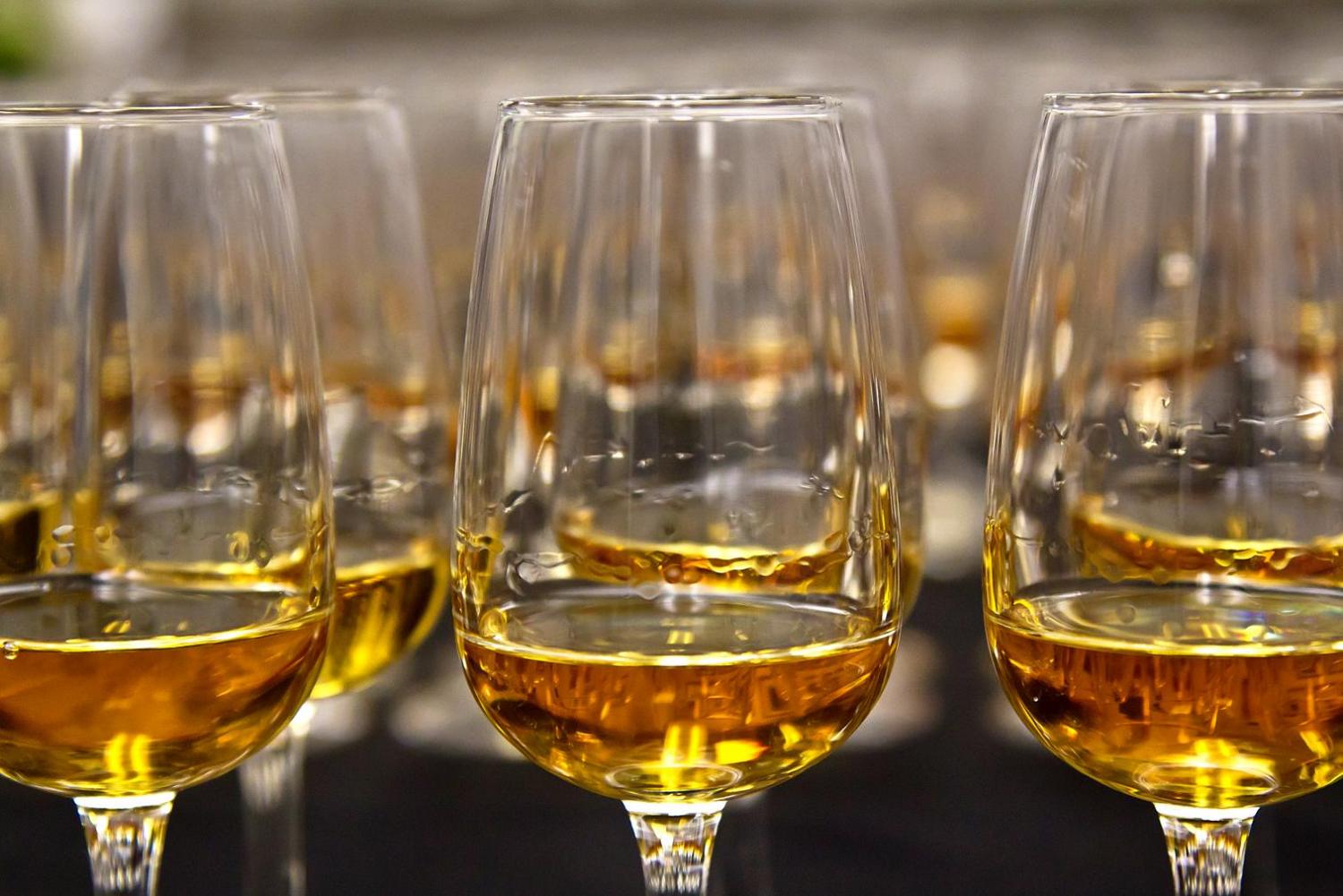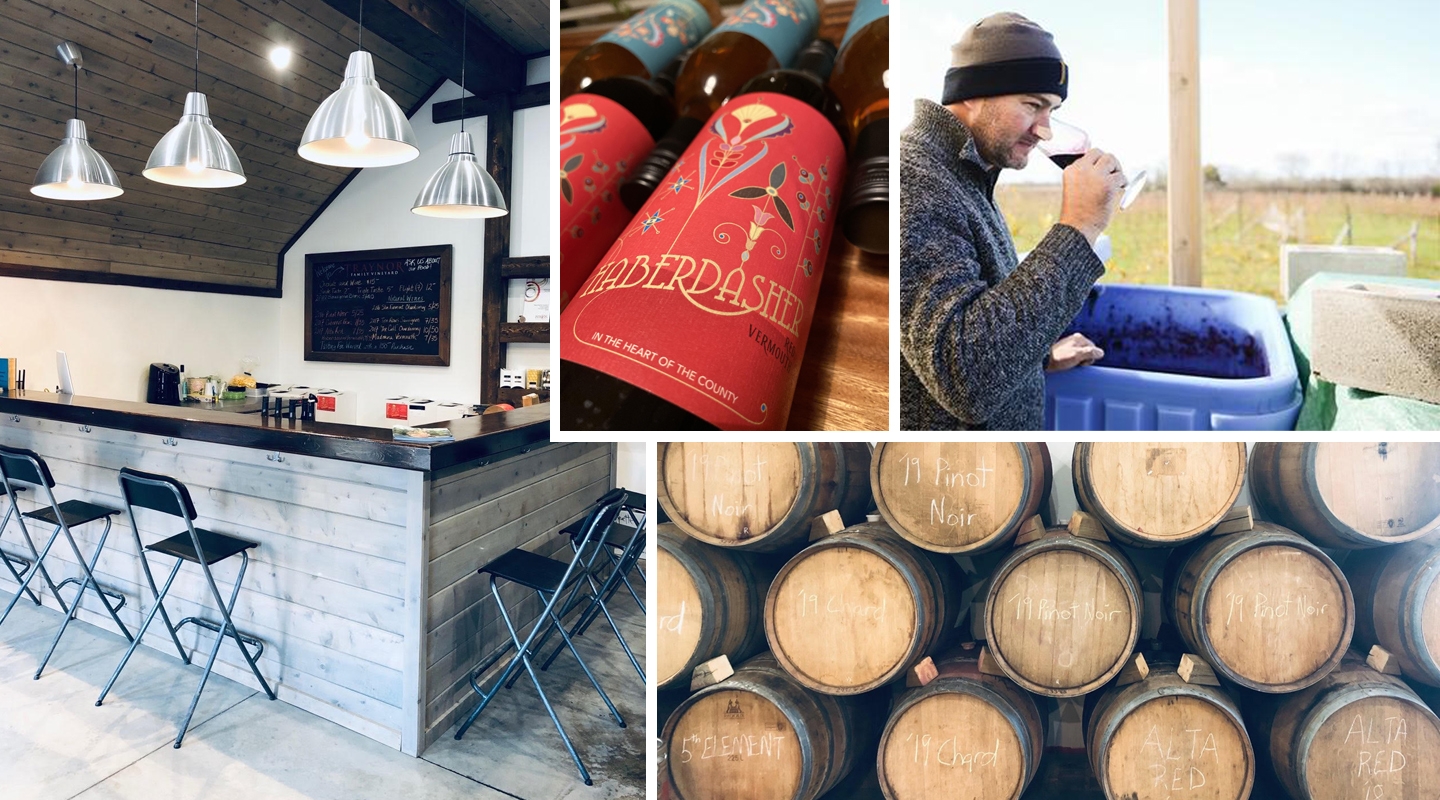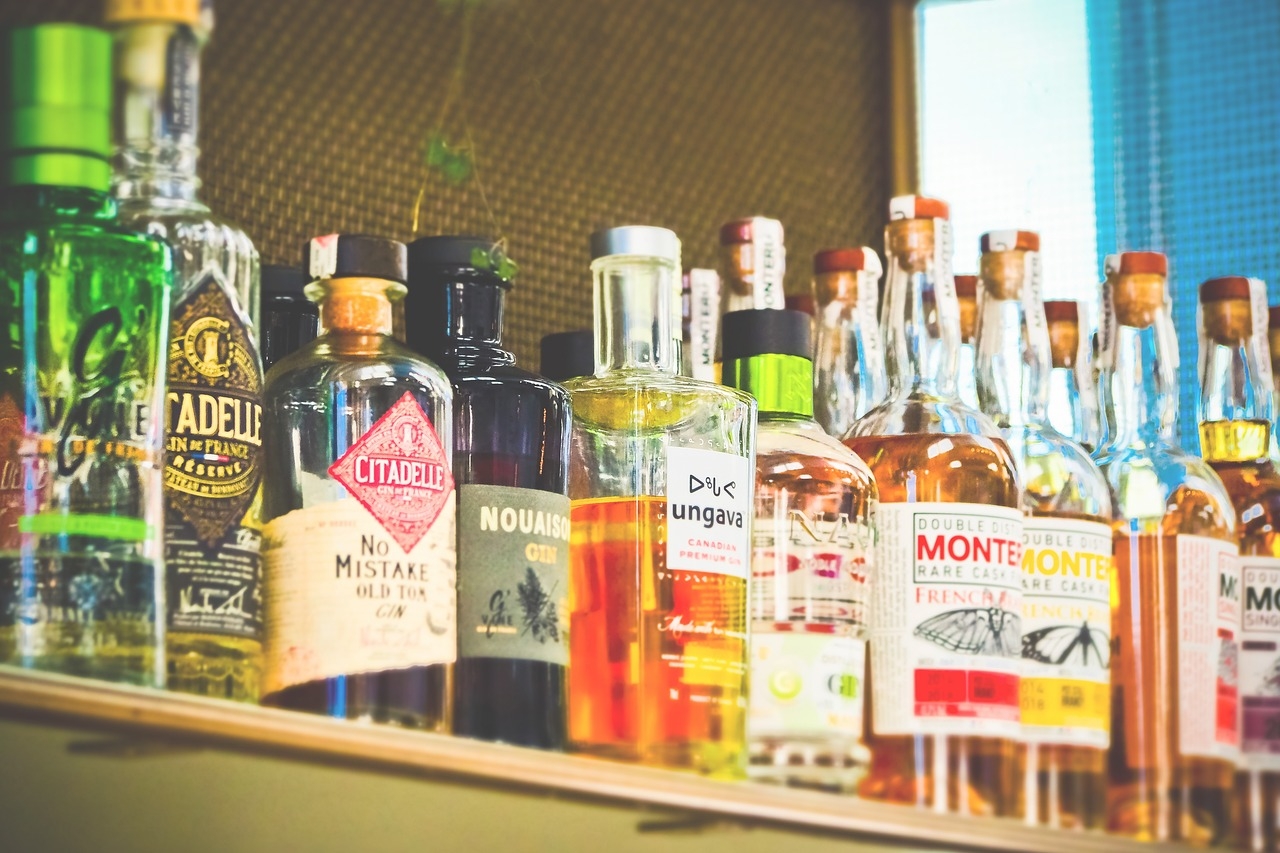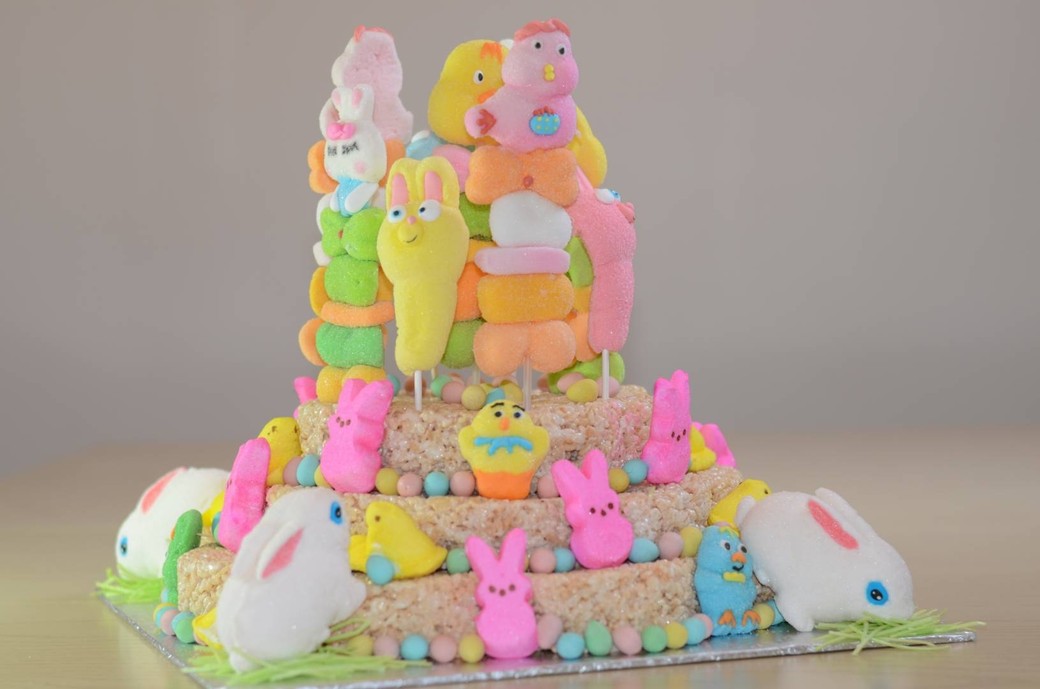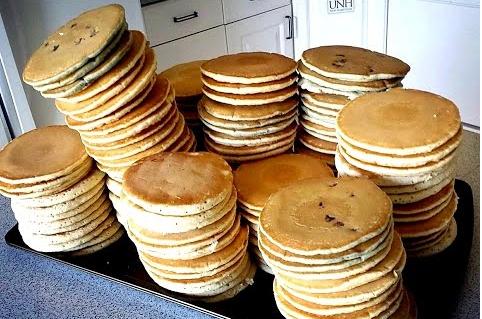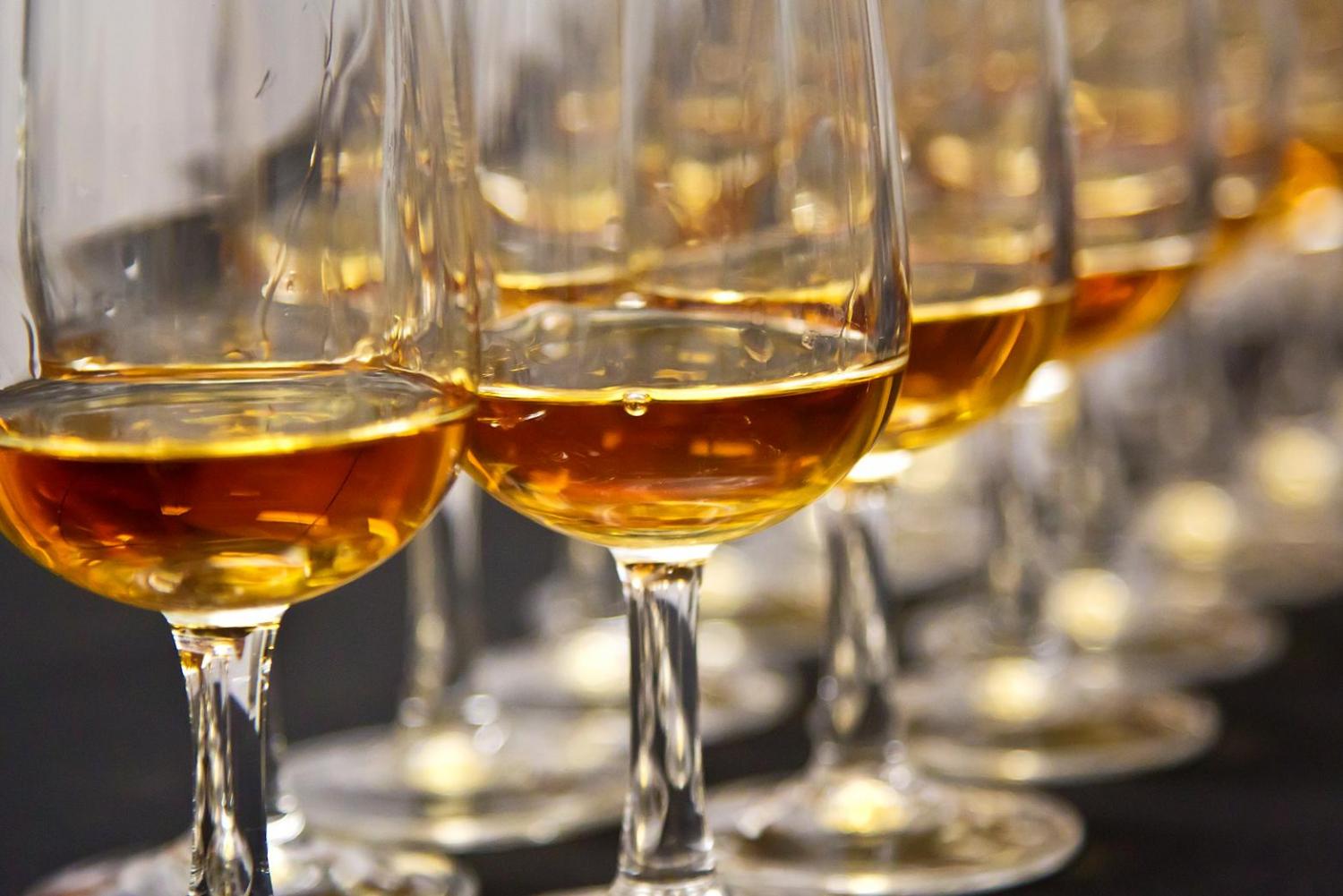
Whisky Tasting A Go Go
Photos by Andre Gagne
Known for great whisky since before we were even a nation, Canada's deep love of the drink has spawned its own award series. Tucked in the offices of the Association of Canadian Distillers, the Canadian Whisky Awards hosted a nosing and tasting of top performing whiskies on Wednesday April 5.
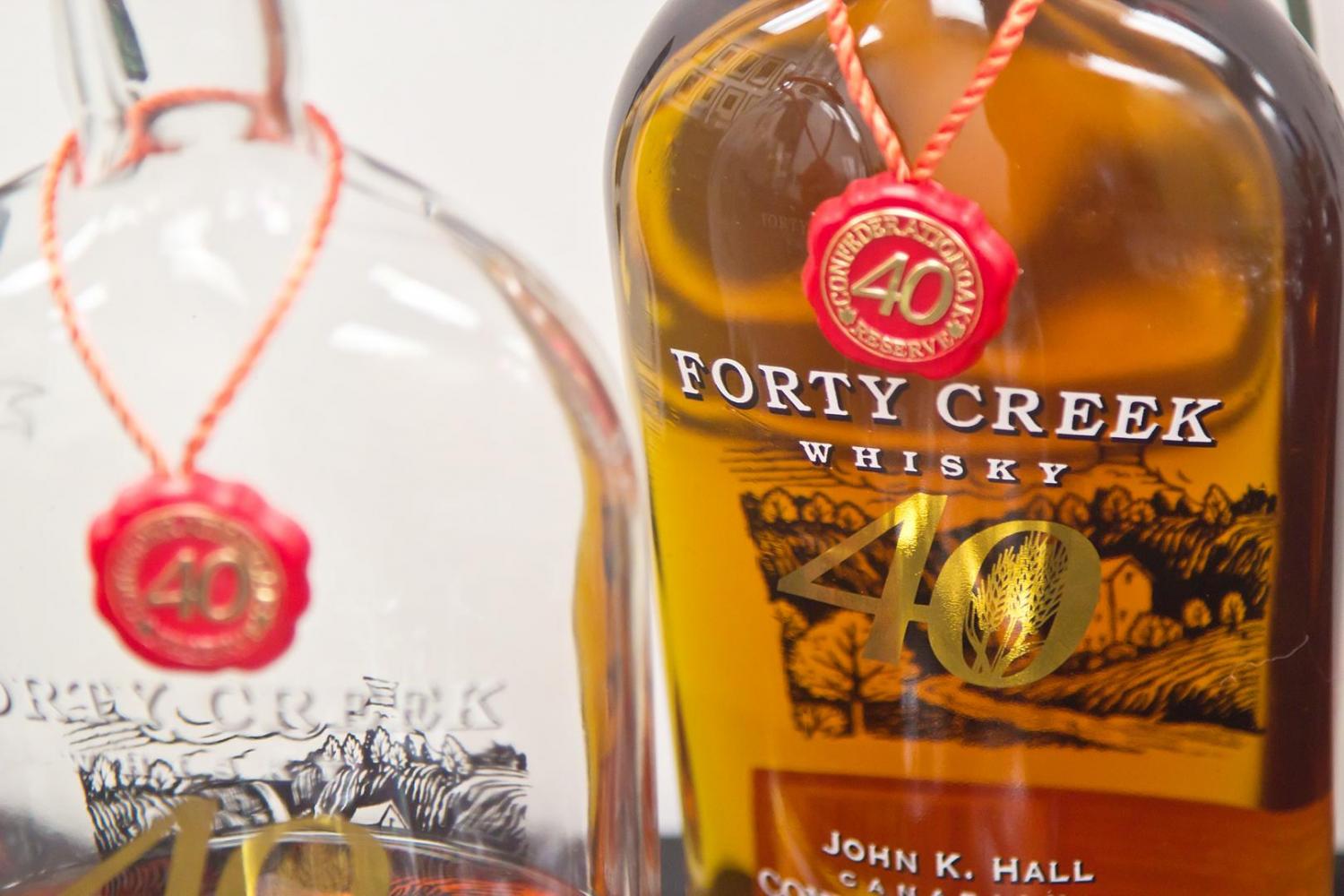
Walking the crowd through the six rye whiskies on display two at a time, Davin de Kergommeaux, who both founded the awards and literally wrote the book on Canadian whisky, explained the nosing process to the crowd. Getting a dram in each hand, attendees were then asked to sniff each dram, using their mouth to breathe in anything their nose might miss.
Giving quite the extended history on whisky, de Kergommeaux seemed to be a well of information from the making of it, it's immense economical power in Canada's early days and most importantly which whiskies are best regardless of the price-tag.
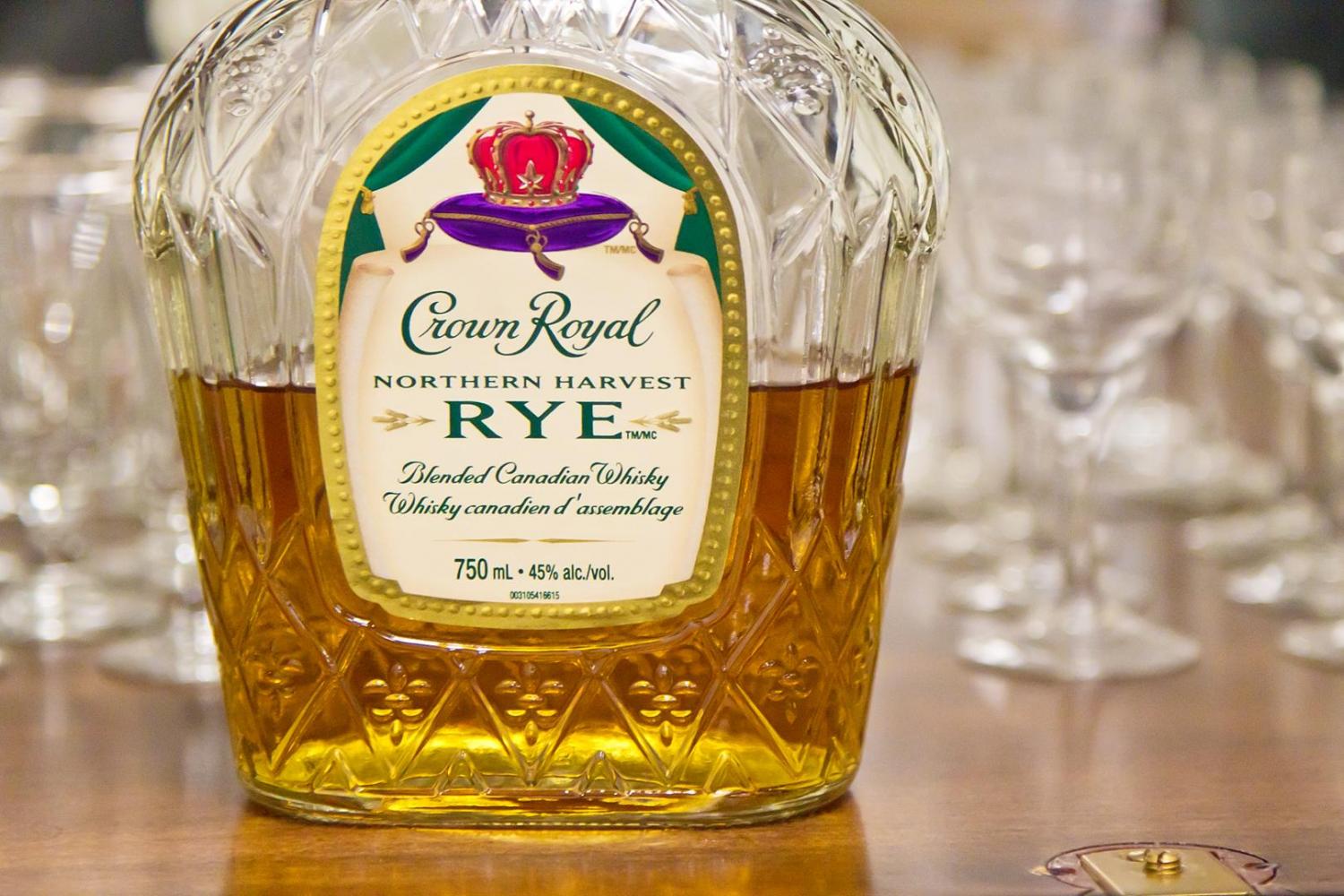
Starting with the butterscotch taste of past winner Forty Creek, taste-buds were ready to explore the rest of the night's offerings. From the caramel notes in the Crown Royal Northern Rye, which de Kergommeaux insisted was consistently underrated purely from brand name, to an oily Lot 40, there was a lot of flavour and bite to go around.
They closed on both a Canadian Club, which was noted as being absurdly under priced given its taste and how smoothly it goes down, and this year's winner, a much more expensive bottle of Masterson's. Made by wine-makers, the Masterson's went down like a smooth wine, causing one women in the room to call it a lady's whisky, and its much stronger bite causing another to add it was the Michelle Obama of whiskies.
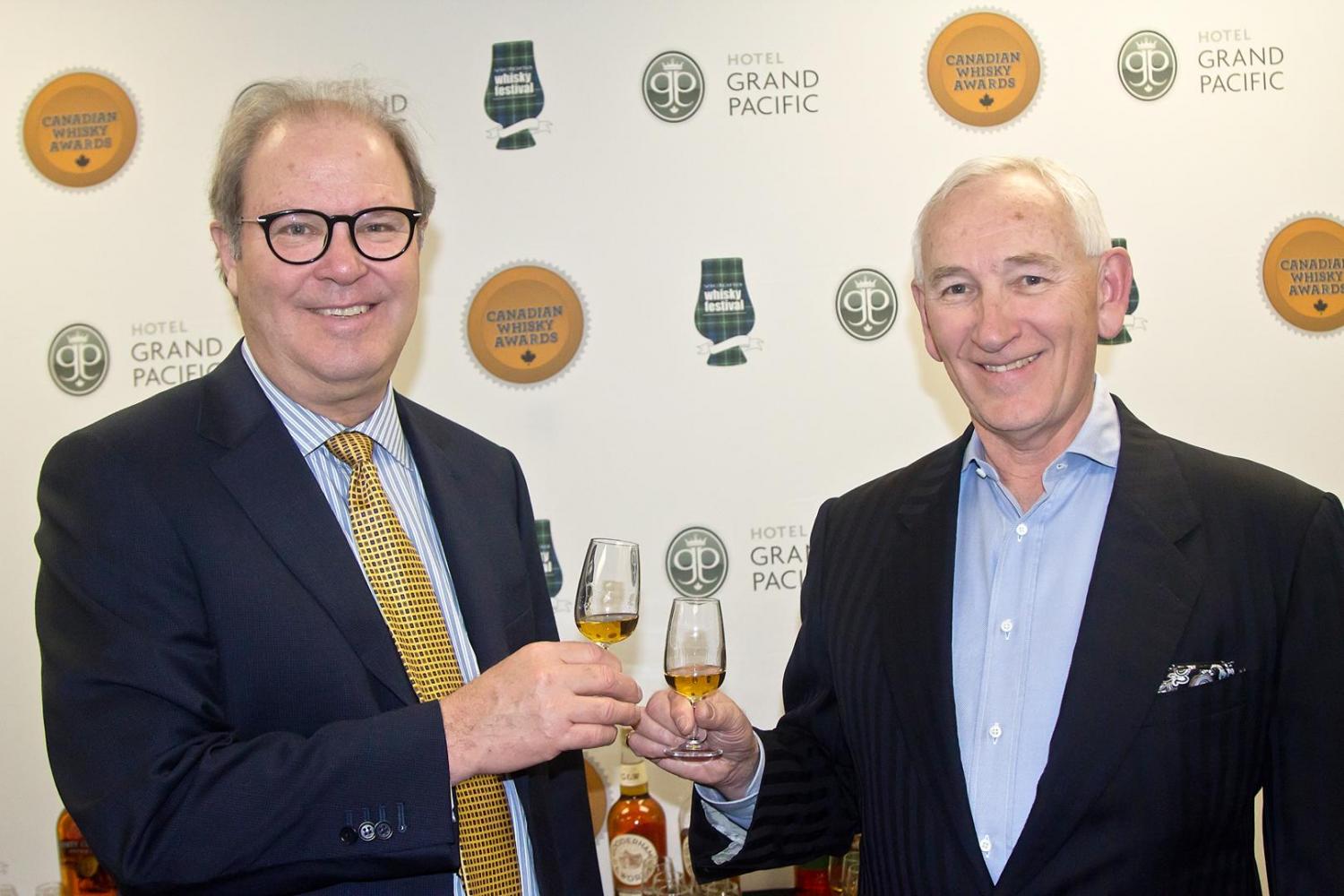
After the sensory explosion of the nosing and taste testing, de Kergommeaux and Spirits Canada CEO Jan Westcott answered a few questions about the process behind picking a winner and more insight into the world of whisky. To why whisky is so important to Canada de Kergommeaux simply said "It's a cultural touchstone, it's been here since we have and it puts bread on the table for 6000 farmers."
What made the Masterson's stick out as a clear winner for this year's award?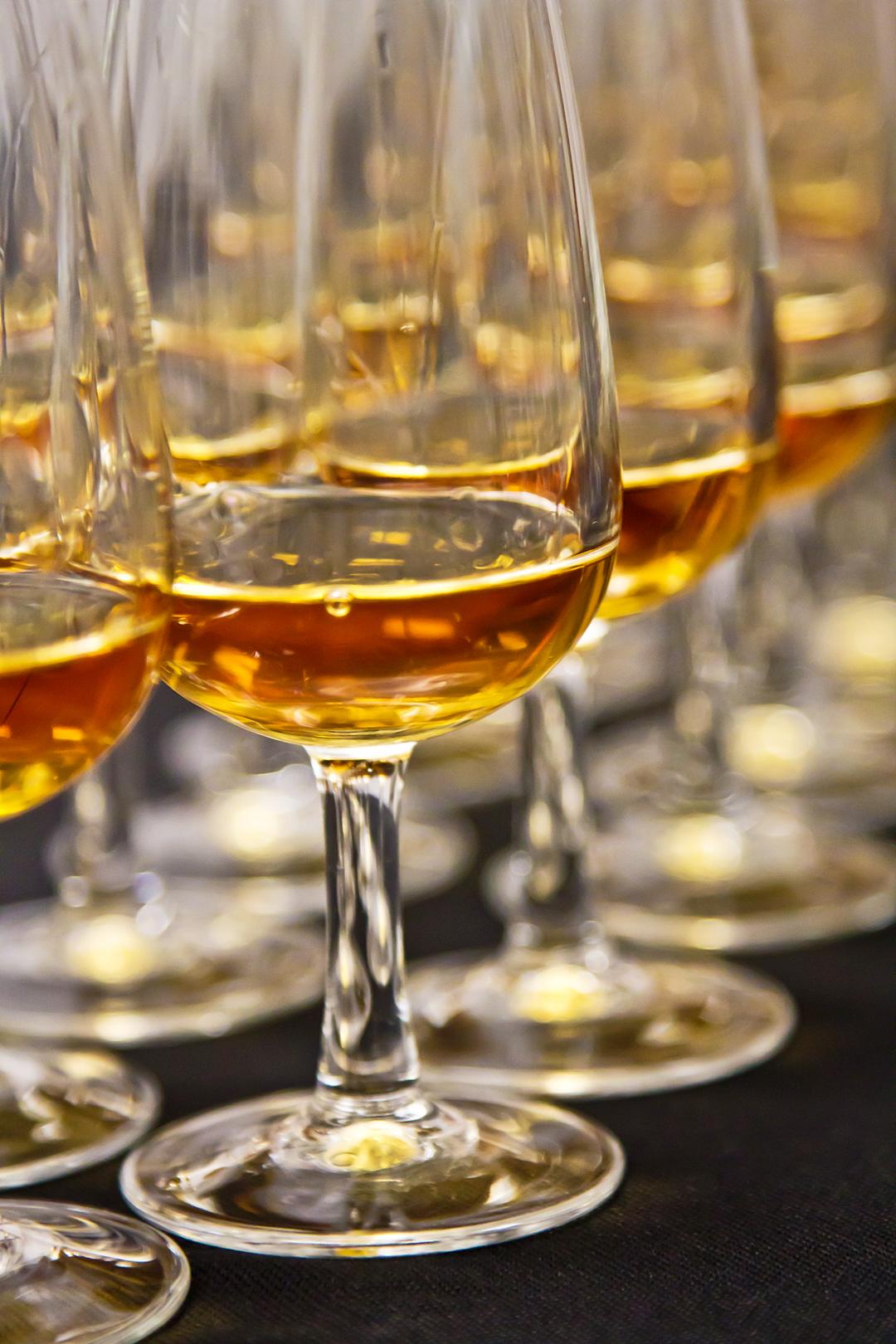
de Kergommeaux: It was so beautifully synthesized, it has a great breadth of flavours, but most importantly was that it was beautifully balanced, no elbows sticking out, no rough edges. You can tell that wine-makers made that, it's beautifully blended and synthesized.
What else are you looking for in a winning rye?
de Kergommeaux: It varies from one whisky to another, some have a beautiful nose, some have a great balance but the most important quality, and this sounds kinda' hokey, is enjoyability. This is not a scientific process where you can just put it through and it comes up with a winner. So you look for a whisky that is very pleasing. Complexity, integration, balance, and the people that have done this recognize those elements.
Why did you found the Canadian Whisky Awards?
de Kergommeaux: It used to really annoy me that the wrong whiskies were winning in competitions. Only a few countries would enter so Canadian whisky never got a lot of respect. I wanted to do something really credible, where people could really trust us to find whiskies that really were better.
Competitions that were completely blind with multiple judges so it wasn't just one person's opinion. 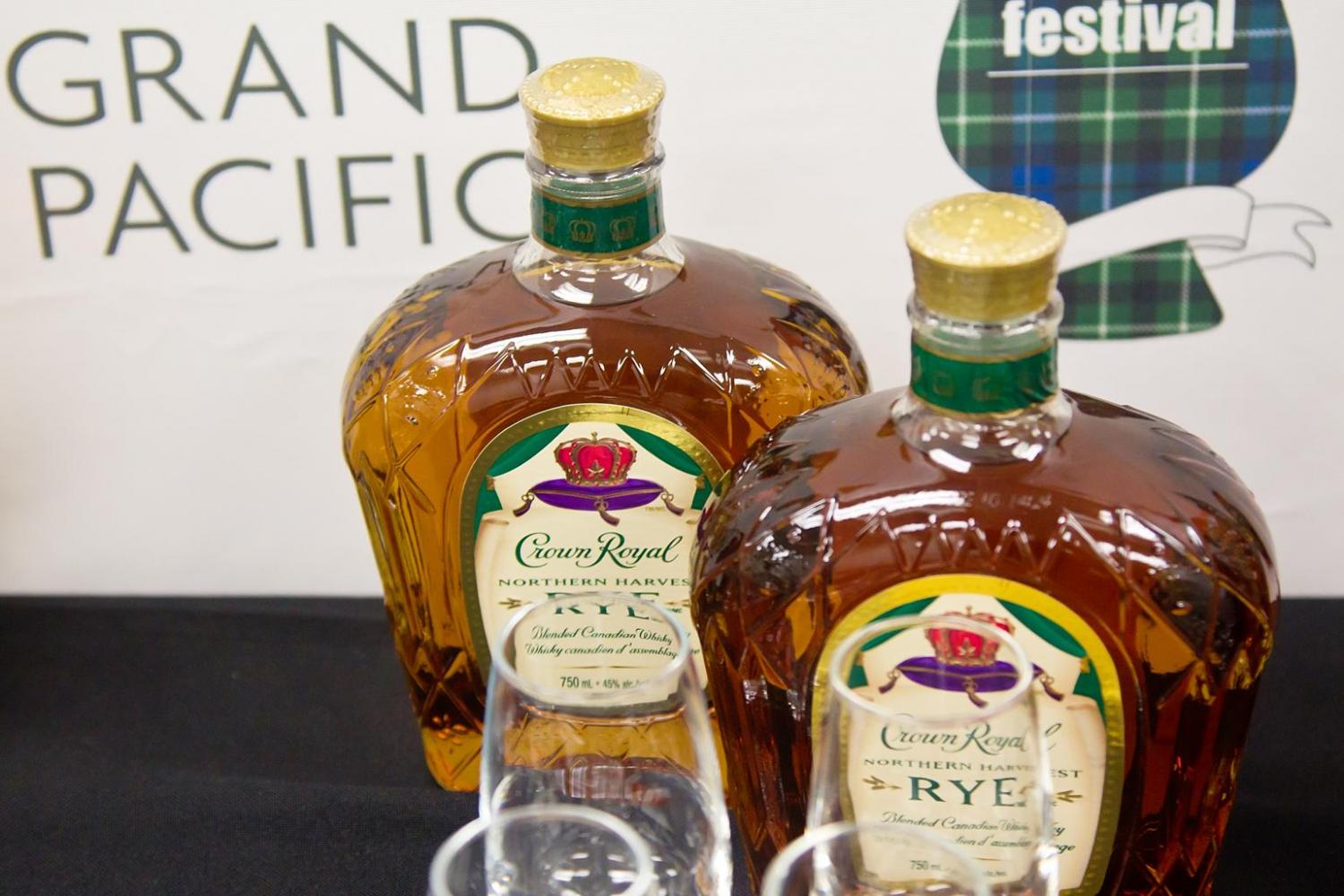 No matter how good one person is, everyone enjoys it differently. Every year it grows and we get more great whiskies. Because of the quality of the micro-distilleries at competitions, the brand's have been forced to up their quality.
No matter how good one person is, everyone enjoys it differently. Every year it grows and we get more great whiskies. Because of the quality of the micro-distilleries at competitions, the brand's have been forced to up their quality.
What's the biggest challenge facing the whisky industry going forward?
Westcott: We're actually reaching a crisis point. Because of the behaviour of federal and provincial governments, they're going to kill the industry across Canada, just through sheer taxation. If you look at the four major whisky producing countries Scotland, Ireland, America and ourselves, for a very long time Canada was the single largest producer of whisky in the world, then the Scots overtook us. We went through a period in the 1980s where Trudeau's father did exactly what he's just done, jacked up the taxes on alcohol and spirits, and then he indexed them to inflation so the tax went up every year.
In that six years we closed 11 distilleries in Canada, we're down to seven now. If the provincial government doesn't come to its sense, they'll basically kill the goose that lays the golden egg.
We're an industry that's attached at the hip to the farm community. We're the third largest buyer of corn in Ontario, so there's a lot of farms that are dependent on the spirits industry. In Canada we're the single largest buyer of rye grain. We ship 70% of what we make outside the country, exporting our brands all over the world.
